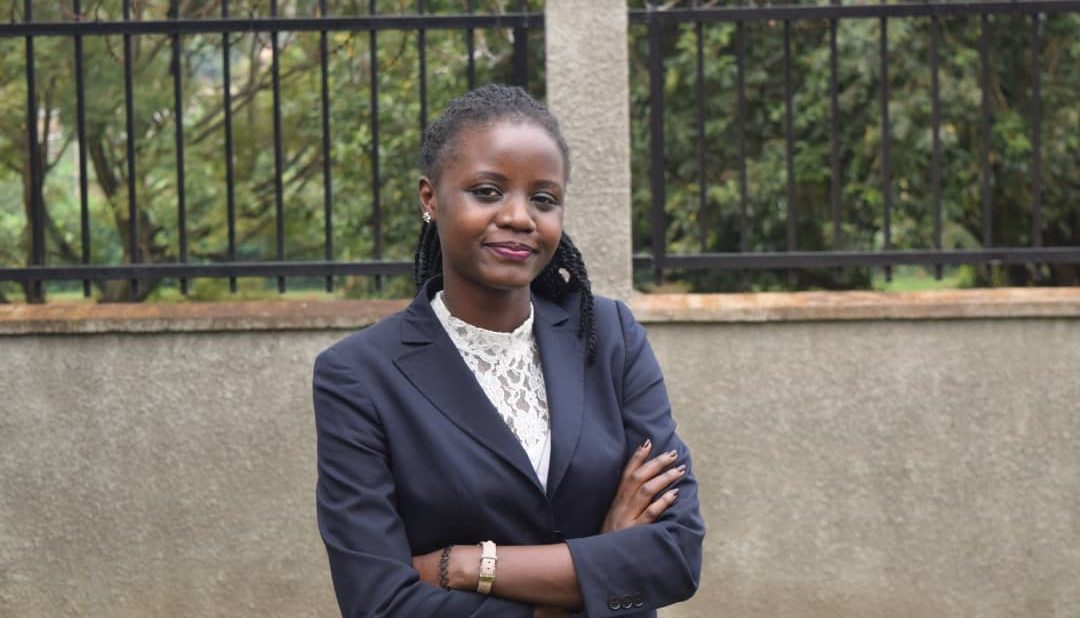By Precious Tricia Abwooli -CEHURD
Today, 1st March 2021, we celebrate the zero-discrimination day. This year’s theme is directed towards zero discrimination against women and girls and the need to promote global equality and empowerment. According to the 2012 World Bank’s World Development Indicators, “women form the majority of the world’s poorest people and the number of women living in rural poverty has increased by 50% since 1975. Women work two-thirds of the world’s working hours and produce half of the world’s food, yet they earn only 10% of the world’s income and own less than 1% of the world’s property”.[1]
Several efforts have been made to fight discrimination against women and girls overtime. These include several international, regional and national laws, conventions and policies. For instance, article 2 of the Convention on the Elimination of all Forms of Discrimination Against Women (CEDAW) tasks state parties “to take all appropriate measures, including legislation, to modify or abolish existing laws, regulations, customs and practices which constitute discrimination against women.” Indeed, several state parties have done so, for example Uganda that in 2015 enacted a law eradicating the practice of female genital mutilation.
Nevertheless, discriminatory laws against women and girls persevere globally. They are coupled with traditions that portray them as second-class citizens and are evident across different sectors like health, education, marital rights, employment rights, property rights and more. A case in point is Uganda’s Divorce Act.
While sometimes a picture is painted depicting achievement of gender equality currently, it is likely due to technological developments that give increased visibility to women’s successes and ignores the discriminatory issues. Discrimination not only devastates lives of the women and girls and divides communities, but also undermines development efforts and the building of strong democracies. It locks women and girls into poverty, limits their right of choice and their ability to access education, earn a living and participate in political and public life. Therefore, it is critical to increase women and girls’ participation in decision making. It is also important to focus on eradication of cultures and traditions that are discriminatory against women and girls. In Uganda’s case, Parliament needs to prioritize laws that promote non-discrimination against women and girls, particularly through revision of laws that do the opposite.
[1] http://documents1.worldbank.org/curated/en/820851467992505410/pdf/102114-REVISED-PUBLIC-WBG-Gender-Strategy.

